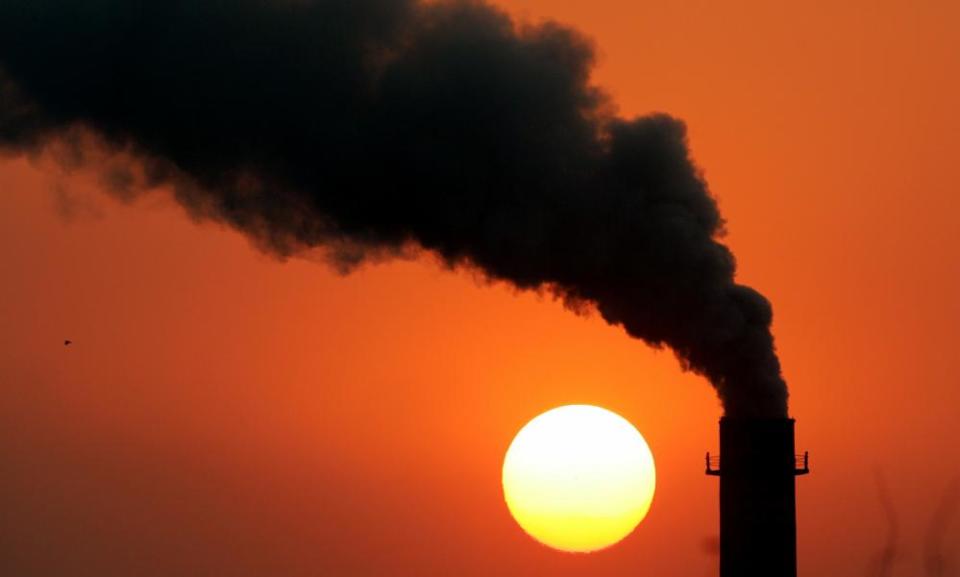UK government's development bank to end fossil fuel financing

The UK government’s development bank has bowed to calls to end fossil fuel financing abroad by promising to invest only in companies that align with the Paris climate agreement.
The CDC Group revealed its new climate strategy, which will end support for the most polluting fossil fuel projects, including the production of oil and coal, and channel almost a third of its spending towards climate finance.
The publicly owned investor, which invests in developing countries in Africa and Asia, will end financing for coal mining, and oil and gas production, as well as in new or existing power plants and refineries that use coal or heavy oil.
The UK government is under growing pressure to end its support for overseas fossil fuel projects after campaigners revealed that over £3bn in public money was used to support polluting projects abroad since the Paris climate agreement was signed.
The Guardian has revealed that senior civil servants are in talks over a government-wide policy to curb foreign fossil fuel support before the UK hosts the UN climate talks next year.
The CDC’s new climate strategy will place “a climate lens” over every sector in which it invests to make sure companies are reducing emissions, and prepare for the climate crisis, according to the development bank.
Nick O’Donohoe, the CDC’s chief executive, said: “Climate change remains the single largest challenge faced by the planet and is the defining issue for our generation and for those that will follow. That is why we have launched this ground-breaking climate change strategy that will shape every single investment decision we make moving forward.”
The bank will allow only rare investments in gas power plants to support the UN’s sustainable development goals, and only in countries that can prove the project is aligned with a wider climate transition plan.
This exception is likely to anger climate campaign groups, which would prefer a complete end to all fossil fuel support in favour of renewable energy investments.
Others argue that the social and economic benefits of modest fossil fuel investments in areas with very limited energy access would outweigh the incremental increase in emissions they would produce.
A recent report on energy in Africa by the International Energy Agency (IEA) warned that some new investment in gas-fired power generation would be needed alongside a surge in renewable energy - but the impact on global climate emissions would be negligible.

 Yahoo News
Yahoo News 